A Debt Arrangement Scheme (DAS) is exclusively available in Scotland for those struggling to keep up with multiple outstanding debts owed to a range of creditors. If you’re looking for a way to restructure your debt into affordable payments by tackling the problem head-on, a Debt Arrangement Scheme is a suitable debt solution which puts you back on track to building a stronger financial record, writes John Baird of Scotland Debt Solutions, Debt Arrangement Scheme specialists.

Debt Arrangement Schemes were introduced in Scotland in 2004 to minimise bad debt for creditors and to give debtors the chance to start afresh following completion of their Debt Payment Programme (DPP). Debt Arrangement Schemes are suitable for debt-ridden individuals who have surplus monthly income, but not quite enough to settle their debts in full.
A DAS protects debtors from the threat of bankruptcy and gives them a fighting chance to catch up with payments as all interest and additional fees will be suspended whilst the debtor is legally bound to comply with the agreement.
A Debt Arrangement Scheme offers a manageable strategy to cope with unsecured debts and it’s an alternative option to Sequestration or Trust Deeds. A DAS puts you in a stronger financial position as it allows you to set a financial outlook in which you could be debt-free following completion of your DPP.
What is a Debt Payment Programme?
A Debt Payment Programme sets out your monthly instalments which will be distributed to each outstanding creditor by a designated payments distributor. A DPP will state how much is owed to each creditor and your repayment ability based on the amount of disposable income remaining after meeting all your essential monthly expenses. It will also state the repayment timeframe for the period for which you should set your monthly standing order, reassuring creditors of your intention to pay.
A Debt Payment Programme can only be established following an agreement between both the debtor and creditors, as liaised by a DAS approved advisor. If you fail to meet your monthly payments, you may be subjected to interest and fees so it’s vital that you stay on track or inform the DAS approved advisor of your inability to pay.
The key focus of a DAS is affordability which means that if you have substantial debt which is calculated into unaffordable monthly payments, this debt solution will be unsuitable for you.
What is a payment break in a Debt Arrangement Scheme?
If your disposable income faces a significant temporary drop during the agreement period and you struggle to meet your monthly financial commitments, you may be able to apply for a six months break, also known as a ‘payment holiday’ from a DAS approved money advisor. You are able to apply for multiple breaks if you face serious financial difficulty, however, you must meet specific criteria. This adjustment period will be added to the end of your agreement to ensure that any lapse in payments doesn’t affect your affordability.
What if I can’t keep up with my DAS payments?
If you can no longer afford payments towards the debt arrangement scheme due to long-term financial difficulty, you may be able to apply for variation which is a formal request to terminate your Debt Arrangement Scheme agreement. If you are in this position, you should always inform your money advisor to avoid the unexpected resumption of fees due to missed payments. If you miss two payments without giving notice, your agreement may be cancelled and fees and interest resumed.
Here are some FAQs which may help to answer your questions in relation to Debt Arrangement Schemes:
Q: Are my assets protected whilst in a Debt Arrangement Scheme?
A: Whilst in a Debt Arrangement Scheme, you retain ownership of your assets. If you decide to take the Sequestration or Trust Deed route, your ownership of assets is unprotected.
Q: Will a Debt Arrangement Scheme affect my credit rating?
A: A Debt Arrangement Scheme will affect your credit rating whilst you are part of a Debt Payment Programme under the DAS. Whilst tied to the agreement, you will not be able to take on additional unsecured debts without prior permission from your DAS Scheme Administrator.
Q: Is there a maximum debt level for a Debt Arrangement Scheme?
A: There is no fixed debt level for a Debt Arrangement Scheme as it depends on your disposable income following the payment of essential debts.
A Debt Arrangement Scheme can halt the worsening of your financial state as this puts a stop to incurring interest which plays a key factor in the build-up of debt, helping to tackle your financial problems over a long-term period. The driving force behind a Debt Arrangement Scheme is to encourage affordability, so if this measure does not generate feasible repayments, you may need to consider a Trust Deed or Sequestration, both of which are forms of personal insolvency.
Sequestration is essentially bankruptcy which will consist of your assets to be transferred to a trustee who will oversee the sale to generate funds for creditors. A Trust Deed consists of the repayment of debt over a period of time, as arranged by a trustee, eventually releasing you from the remaining debt subject to conditions.
A Debt Arrangement scheme can provide the support you need to make your financial situation bearable, lessening the burden of overwhelming debt. It can ease your situation and help you envision a future in which you’re debt-free after completing the Debt Payment Programme. This period of rehabilitation can provide the helping hand you need to think clearly and deal with debt with a firm hand.
